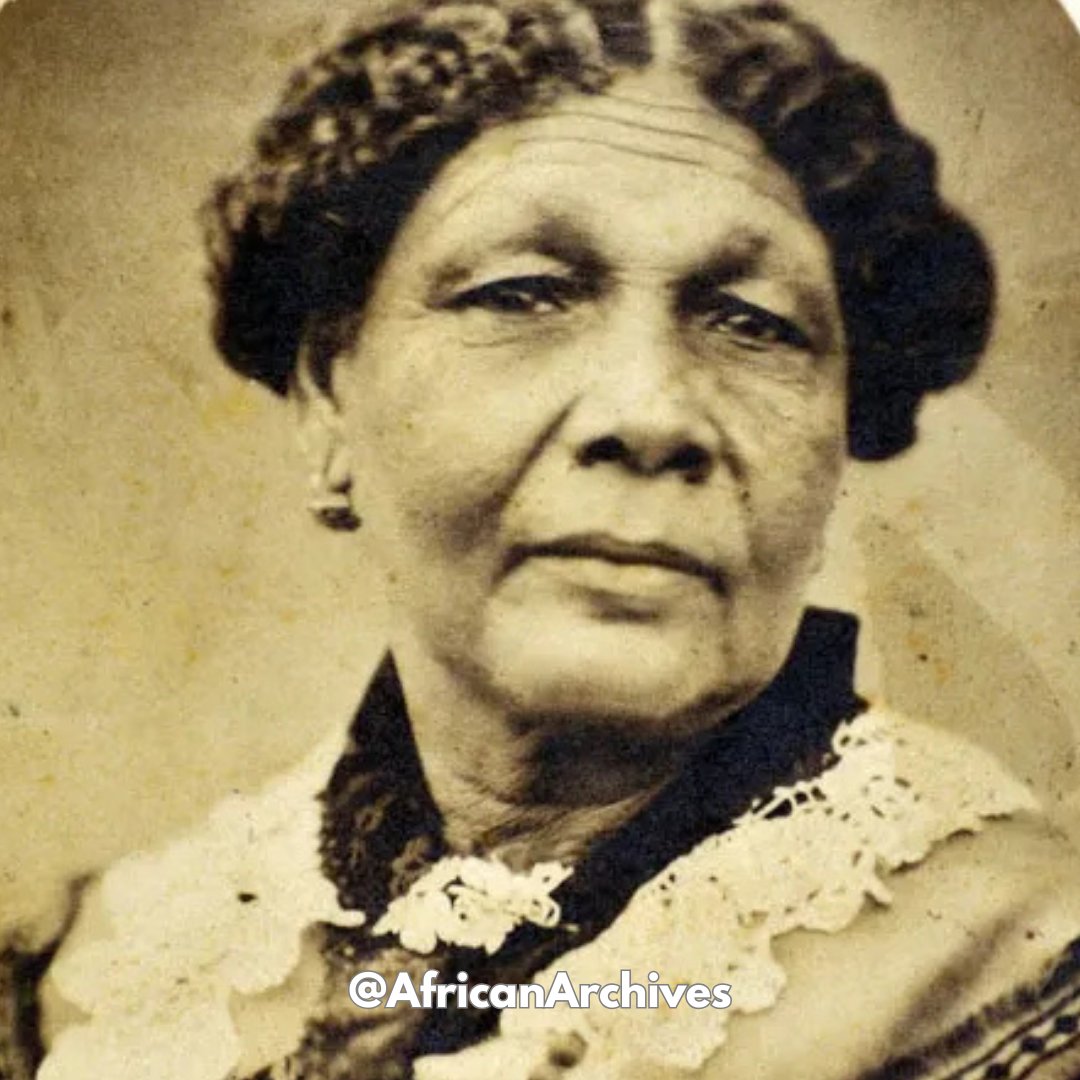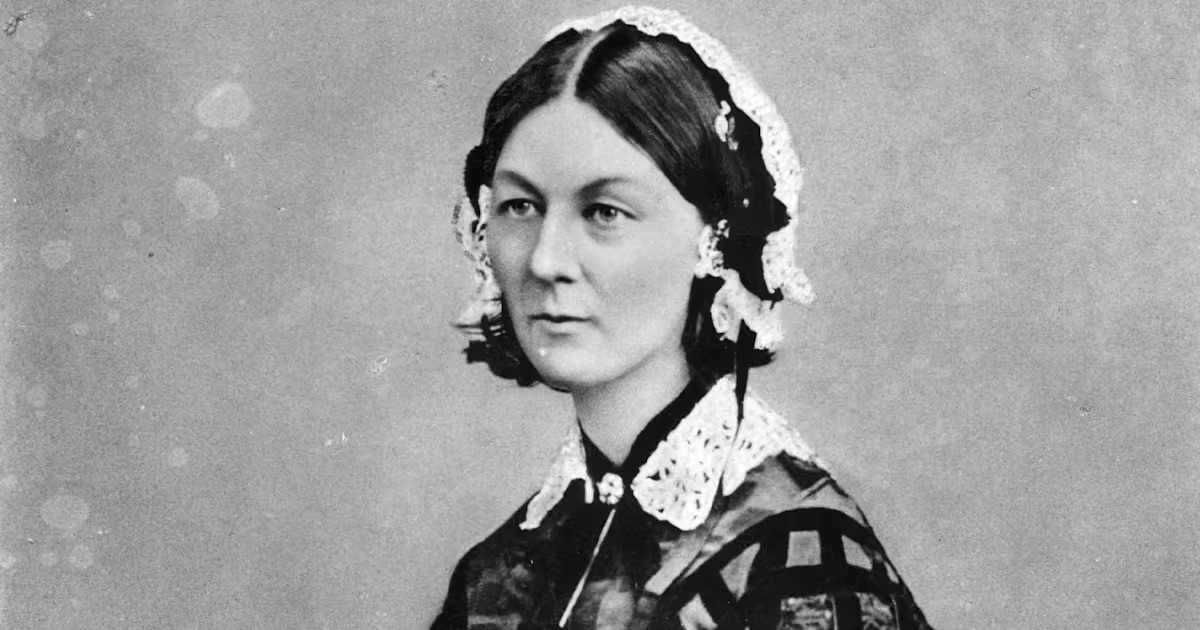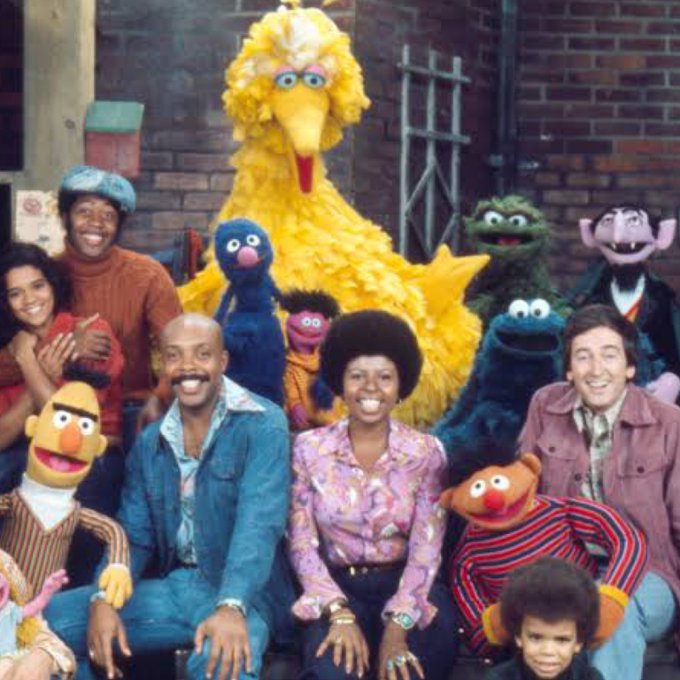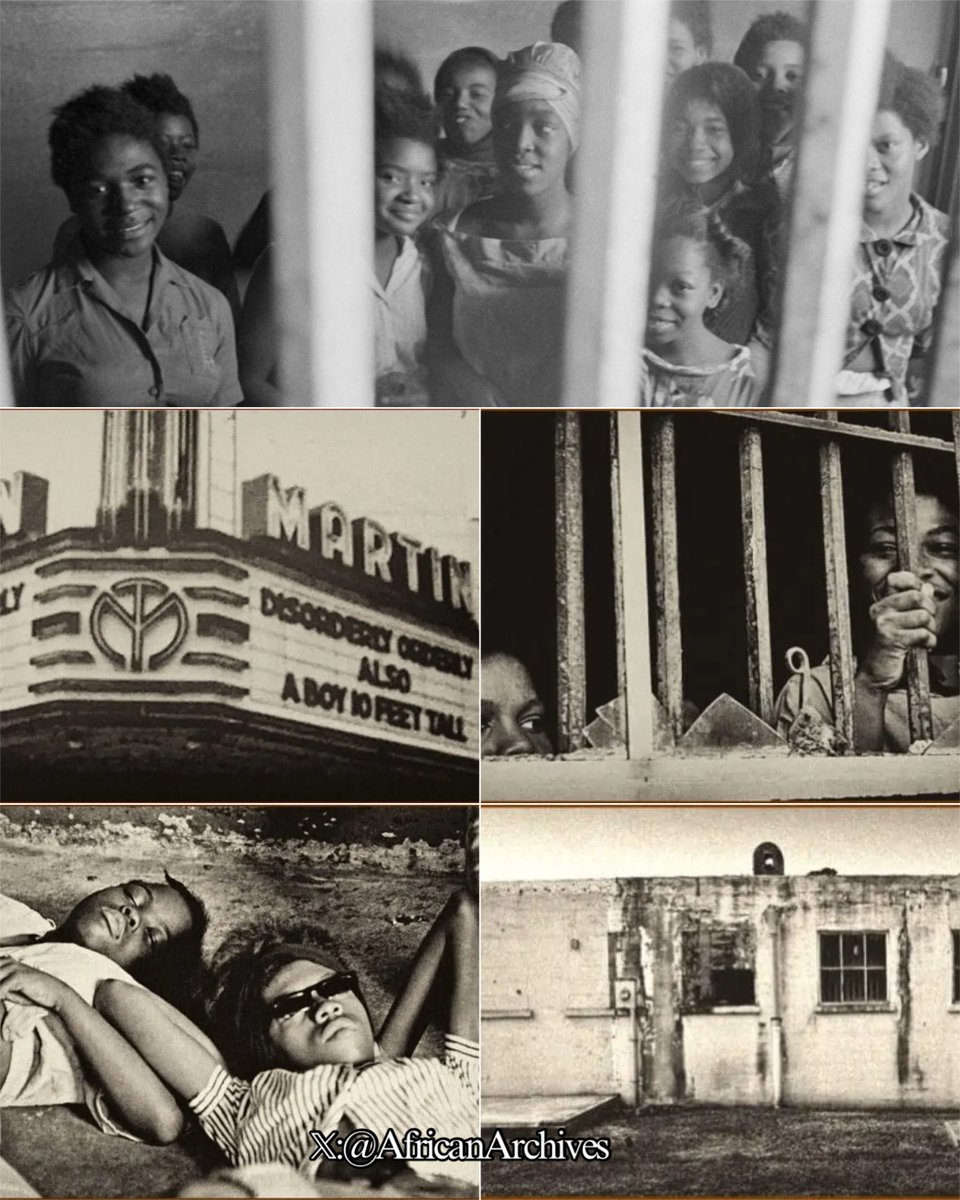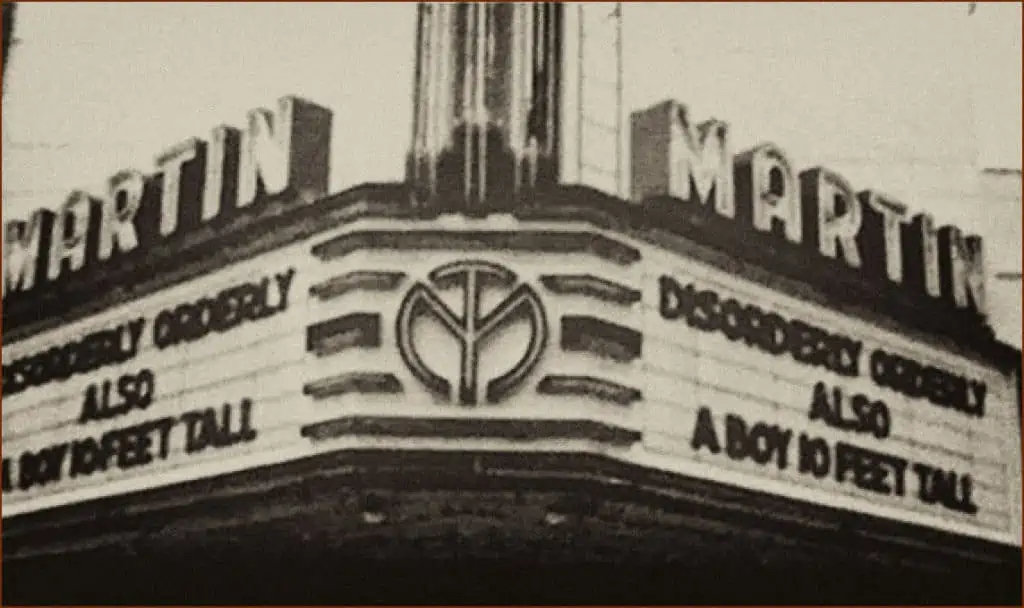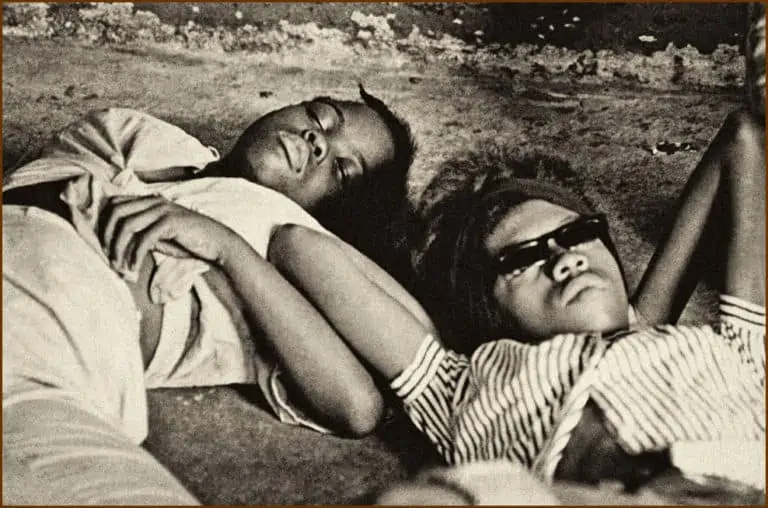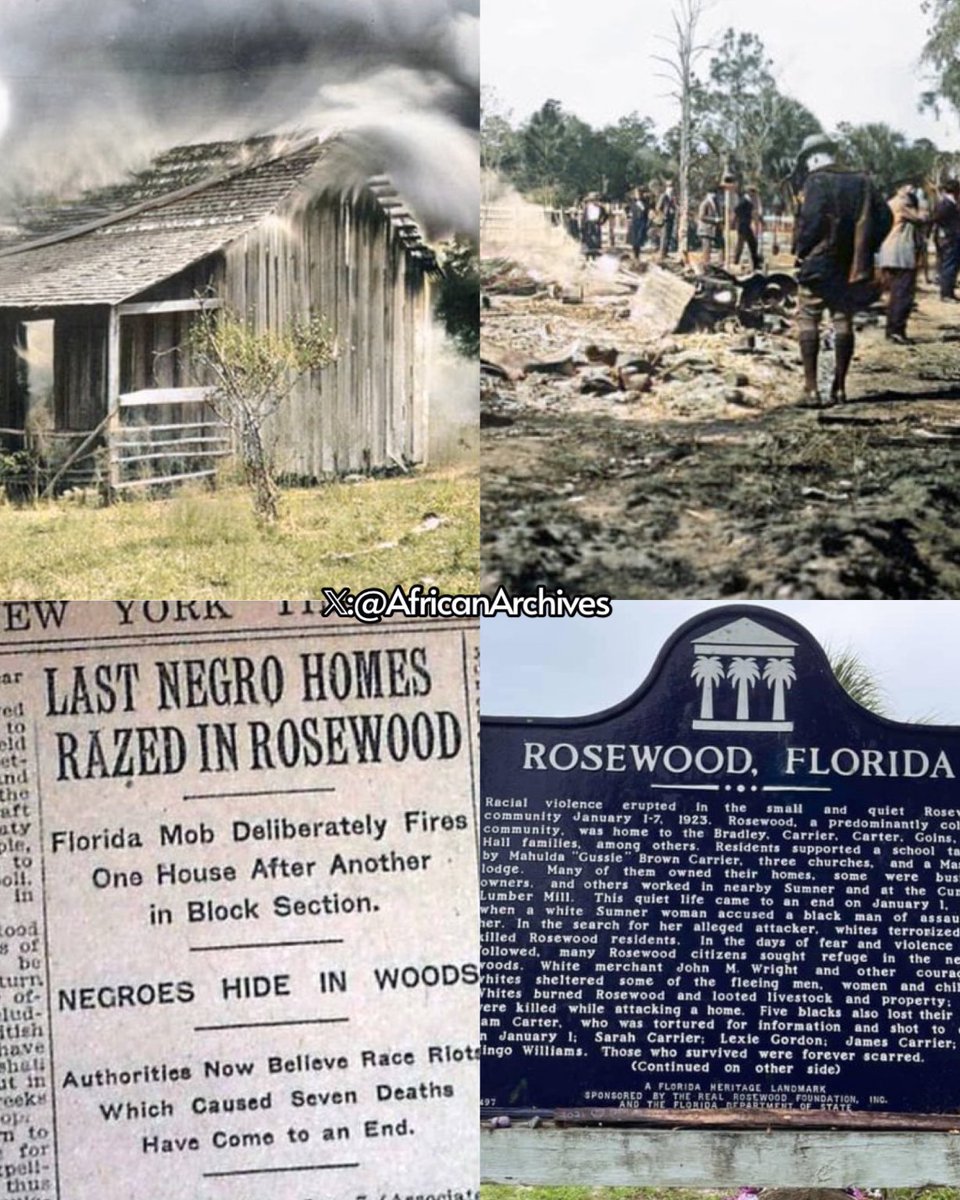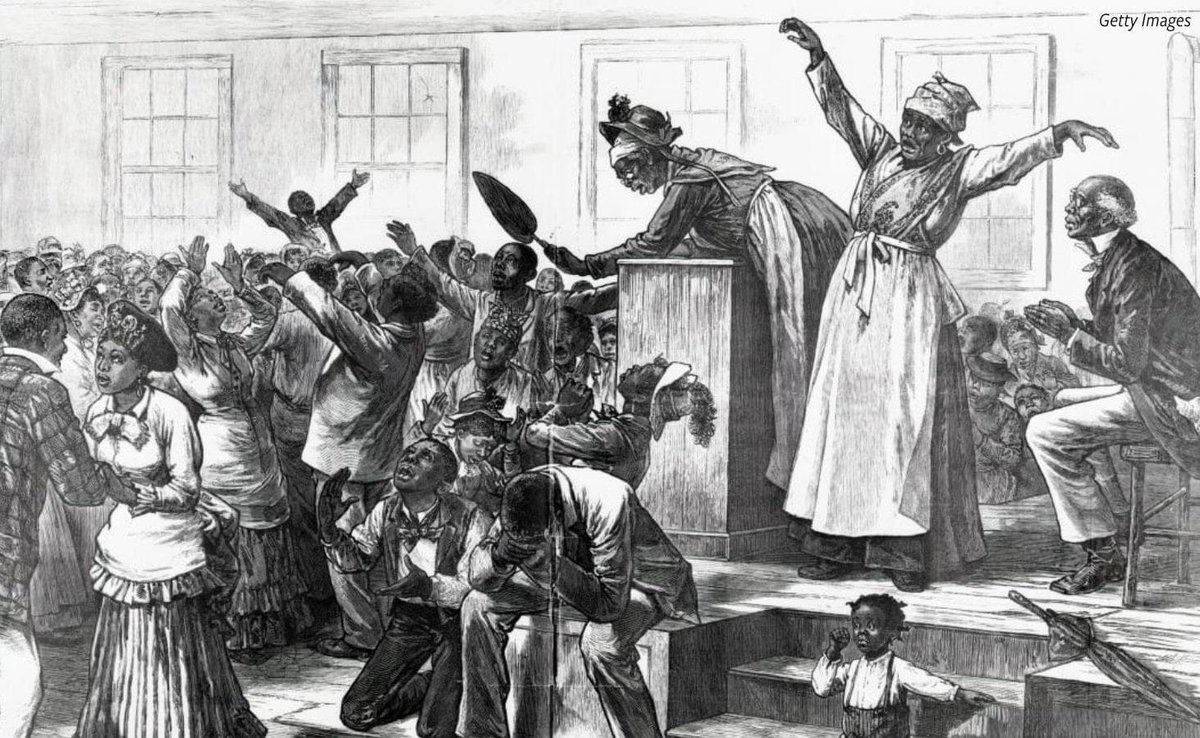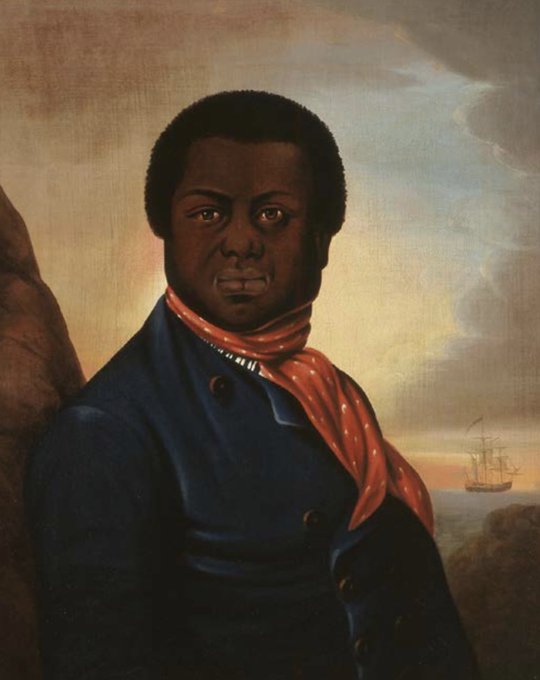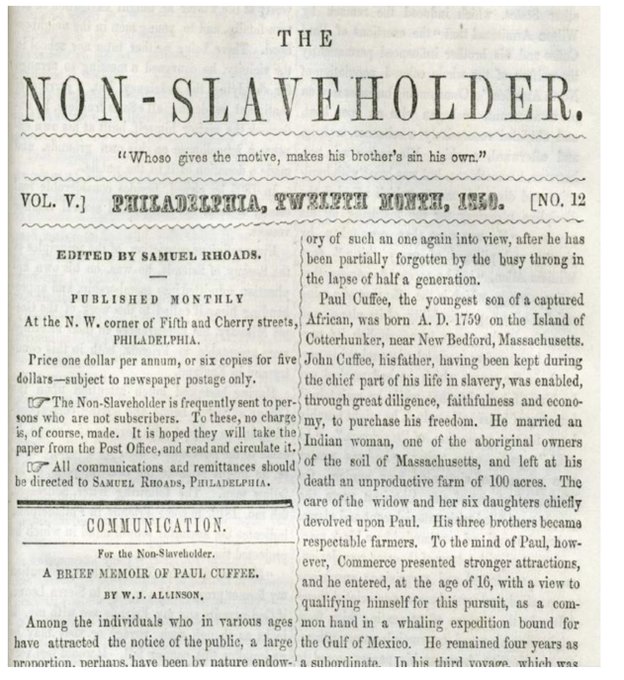Did you know that Britain had a Black Panther movement?
The British Black Panthers (BBP) or the British Black Panther movement (BPM) was a Black Power organisation in the United Kingdom that fought for the rights of Black people and peoples of colour in the country.
The British Black Panthers (BBP) or the British Black Panther movement (BPM) was a Black Power organisation in the United Kingdom that fought for the rights of Black people and peoples of colour in the country.

The BBP were inspired by the US Black Panther Party, though they were unaffiliated with them. It was founded by Nigerian playwright, Obi Benue Egbuna in 1968. 

There was an increase in racial tensions which led to police repression and the creation of the BBP. Under Egbuna, they fought against police brutality. London police started arresting him on bogus charges of threatening police. Ebguna was found guilty and imprisoned.
while obi was in prison, Althea Jones Lecointe, became the leader of BBP by 1970. She changed the focus of the Party. It began focusing on local black communities issues of racial discrimination in jobs, housing, education, and medical and legal services. 

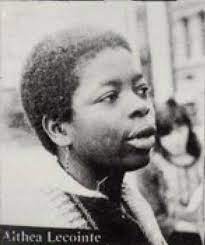
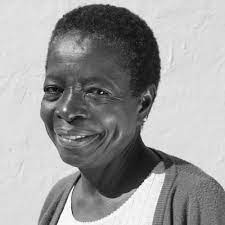
As part of their community work the BBP engaged in legal advocacy for blacks. The high point of their advocacy work was their defense of the Mangrove restaurant that was the central meeting place for Notting Hill’s Caribbean community. The MANGROVE NINE CASE. 

What was the Mangrove Nine case?
The Mangrove Nine Trial was Britain's most influential Black Power trial. The London police & British Home Office arrested and put on trial, nine black leaders in 1970 to discredit London's growing Black Power movement.
The Mangrove Nine Trial was Britain's most influential Black Power trial. The London police & British Home Office arrested and put on trial, nine black leaders in 1970 to discredit London's growing Black Power movement.
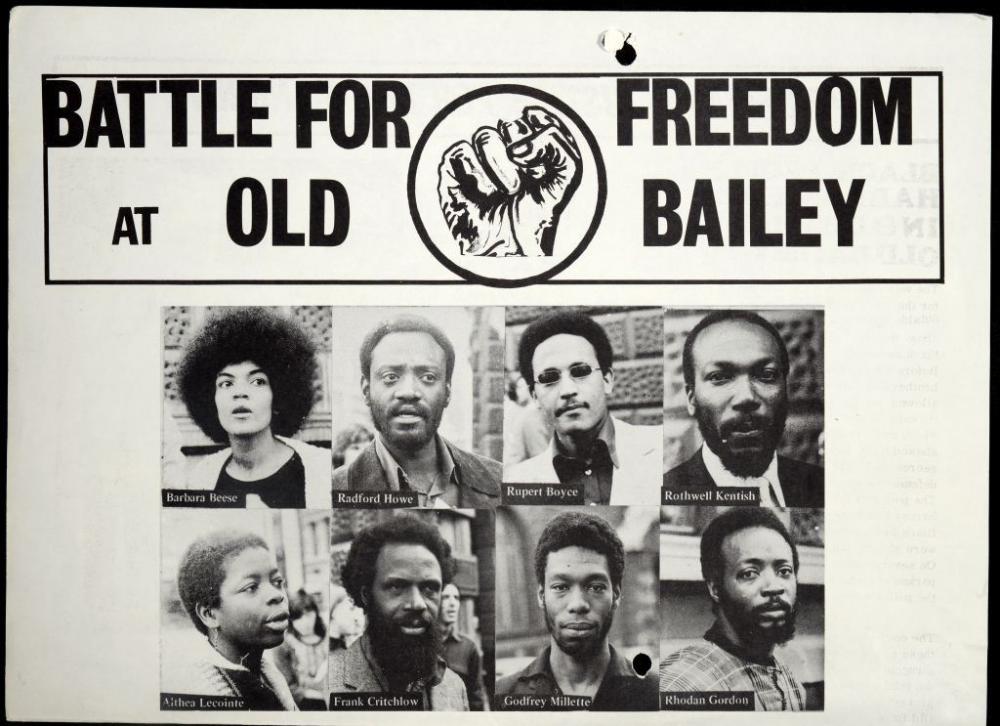
The Mangrove trial focused on the police harassment of the Mangrove restaurant in west London, which was owned by Frank Crichlow, a Trinidad-born community activist. 
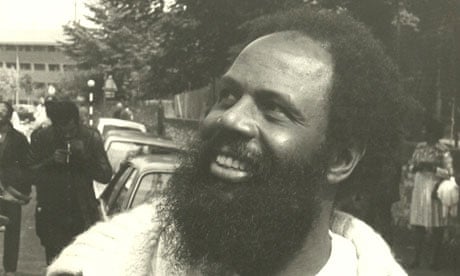
Because Crichlow was a Black Power activist, police raided his restaurant twelve times between January 1969 and July 1970, calling the Mangrove a den of drugs, despite not finding any evidence.
He filed a complaint to the Race Relations Board, accusing the police of racial discrimination. One of his employee, Darcus Howe, a Black Power activist, encouraged Critchlow to work with BBP London to organize a demonstration against police harassment of the Mangrove. 

On August 9, 1970, 150 protesters marched to local police stations and were met by 200 police who initiated the violence that ensued. Nine protest leaders were arrested and charged with incitement to riot. 

Initially the court dismissed the charges because the statements of 12 officers were ruled to be inadmissible because they equated black radicalism with criminal intent. However, the DPP (Director of Public Prosecutions) reinstated the charges and the defendants were rearrested
During the 55 day trial Jones-Lecointe described police persecution of
Notting Hill's black community. Howe exposed inconsistencies in police testimonies.
Notting Hill's black community. Howe exposed inconsistencies in police testimonies.
Meanwhile, outside the courtroom, the BBP organized pickets and distributed flyers to win popular support. Ultimately the jury acquitted all nine on the charge of rioting. 
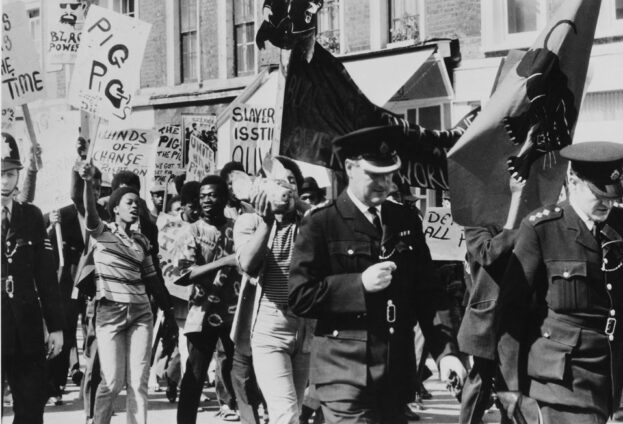
• • •
Missing some Tweet in this thread? You can try to
force a refresh


